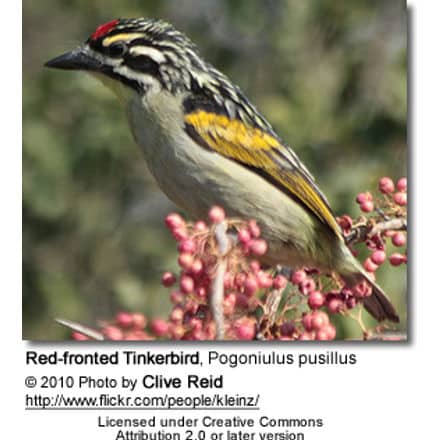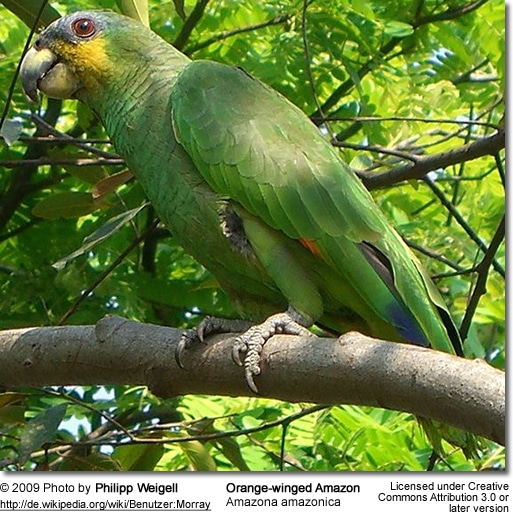African Silverbills
The African Silverbills (Lonchura cantans – Note: Euodice cantans in The Clements Checklist of Birds of the World, 5th and 6th editions) are also known as Sudan Silverbill or Kenya Silverbill.
This small passerine bird was formerly considered conspecific (of, or belonging to, the same species) with the Asian species Indian Silverbill, Lonchura malabarica.
Range
This estrildid finch is a common resident breeding bird in drier areas of the Sahara Desert. This species is also been introduced to a few countries such as Portugal, Qatar, and the USA.
Further Finch Reading
- Finch Information
- Index of Finch Species
- Photos of the Different Finch Species for Identification
- Common Health Problems of Finches
- Finch / Canary Diet / Nutrition
Subspecies
- African Silverbill (L. c. cantans) (Nominate race)
- Range: west and central Africa
- L. c. inornata occurs in extreme north-eastern Africa and the Arabian Peninsula
- Arabian Silverbill (L. c. orientalis) occurs in East Africa
The African Silverbill feeds mainly on seeds. It frequents dry acacia and thorn scrub. The nest is a large domed grass structure in a tree or under eaves, into which 5-10 white eggs are laid.
Description
The African Silverbills is 10cm in length with a long black tail. The adult has a stubby silver-grey bill, finely vermiculated (wave-like) buff-brown upperparts, whitish underparts, and dark wings.
Males and females look alike, but there are subtle differences.
The male averages 4.5 inches (11.4 cm) in length, while the female’s range is between 4.25 to 4.5 (10.9 cm to 11.3 cm). Additionally, the two central tail feathers of the adult male are narrow and pointed, whereas those of the female are broader and more rounded. The easiest way to sex a silverbill is to watch them closely over the next few days. Only the male sings.
Immature birds lack vermiculations (a pattern of fine, wavy, worm-like lines or streaks of color).
Song / Vocalization
The song isn’t powerful, it’s a soft, hardly audible, warble. Nevertheless, it will be obvious that the finch is singing because it will take on a slightly rigid stance and its throat will start to bulge, though its bill may still appear tightly closed.
This species has a chink call and a trilling song.




